Women’s Health Care

Women’s Health Care in Physiotherapy:-
Women’s health in physiotherapy encompasses a specialized area of practice focusing on health issues unique to women across the lifespan. This field addresses various conditions and provides tailored treatment strategies to enhance women’s physical well-being. Key areas include:
- Urinary Incontinence
- Hysterectomy
- Antenatal and postnatal care
- Uterus prolapse
- Perineal tear
Urinary Incontinence
Urinary incontinence is the involuntary leakage of urine, which can significantly impact a woman’s quality of life. Physiotherapy focuses on:
Pelvic Floor Muscle Training (PFMT): Strengthening the pelvic floor muscles through exercises like Kegels.
Bladder Training: Techniques to improve bladder control and establish a regular voiding schedule.
Biofeedback: Using electronic monitoring to help women learn how to control their pelvic floor muscles.
Lifestyle Modifications: Advice on fluid intake, diet, and managing constipation which can impact bladder function.
Hysterectomy
A hysterectomy, the surgical removal of the uterus, can lead to various physical changes and recovery needs. Physiotherapy helps by:
Pre-Surgery Preparation: Educating women on exercises and post-operative care.
Post-Surgical Rehabilitation: Gentle exercises to restore abdominal and pelvic floor strength, improve mobility, and reduce pain.
Scar Management: Techniques such as massage to improve scar tissue mobility and reduce adhesions.
Postural Advice: Ensuring proper posture to avoid back pain and other complications during recovery.
Antenatal and Postnatal Care
Physiotherapy plays a crucial role in both antenatal (before birth) and postnatal (after birth) periods:
Antenatal Care:
Exercise Programs: Tailored exercises to maintain fitness, manage weight, and prepare for labor.
Pain Management: Techniques to alleviate back pain, pelvic girdle pain, and other discomforts.
Education: Guidance on posture, lifting techniques, and ergonomics to reduce strain.
Postnatal Care:
Pelvic Floor Rehabilitation: Strengthening exercises to address any weakness or damage from childbirth.
Core Stability Exercises: Focusing on abdominal muscle recovery, particularly if diastasis recti (abdominal separation) occurred.
Managing Postnatal Conditions: Addressing issues like incontinence, pelvic pain, and cesarean section recovery.
Uterus Prolapse
Uterine prolapse occurs when the pelvic floor muscles and ligaments become weakened and can no longer support the uterus. Physiotherapy interventions include:
Pelvic Floor Exercises: Strengthening the muscles to provide better support for the uterus.
Lifestyle Advice: Modifications to reduce strain on the pelvic floor, such as weight management and avoiding heavy lifting.
Biofeedback and Electrical Stimulation: Techniques to enhance pelvic floor muscle function.
Perineal Tear
A perineal tear occurs during childbirth, affecting the area between the vagina and the anus. Physiotherapy aims to:
Early Postnatal Care: Gentle exercises to promote healing and reduce swelling.
Scar Management: Techniques to soften and mobilize scar tissue.
Pelvic Floor Rehabilitation: Strengthening exercises to restore function and reduce pain.
Pain Management: Methods to alleviate discomfort during healing, including advice on proper sitting and movement techniques.
Conclusion
Physiotherapy for women’s health addresses a range of conditions, focusing on restoring function, managing pain, and improving quality of life. By providing targeted exercises, education, and lifestyle advice, physiotherapists play a vital role in helping women navigate various health challenges throughout their lives.




